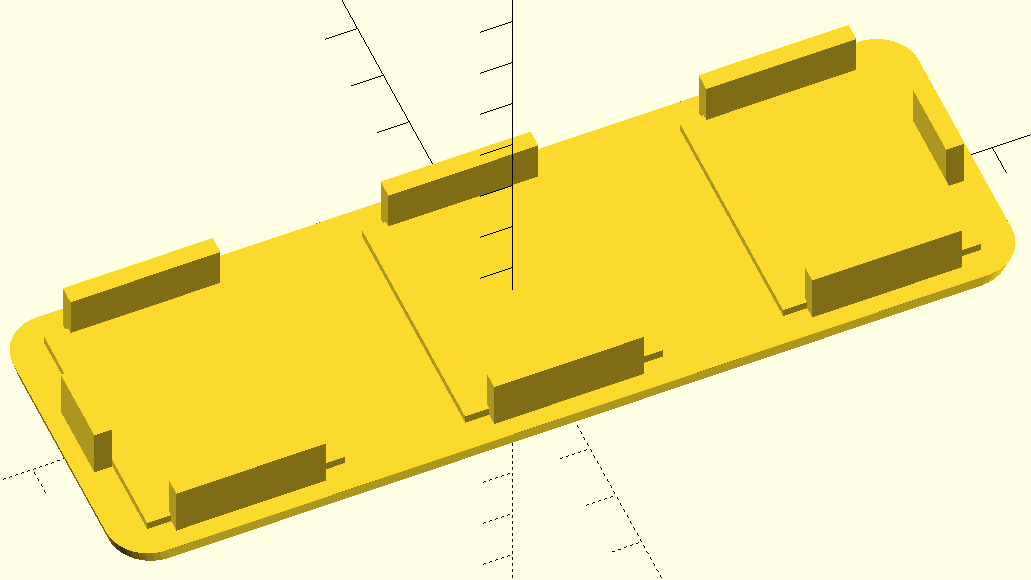-
Amazon Deals - ToS - Warp
You are using an out of date browser. It may not display this or other websites correctly.
You should upgrade or use an alternative browser.
You should upgrade or use an alternative browser.
Evading DNS interception
- Thread starter royalroy
- Start date
- Replies 64
- Views 10,132
With DNS Cache TTL set to 3600 and with 5 DNS Providers in Parallel Mode, my processing time is 20ms.
This is mainly because most queries are fetched from cache in <1ms.
The processing time mentioned in AdGuard Page includes the latency+the time for cloudflare to process the query and return the result. You can see this time by using the dig command.
 drjohnstechtalk.com
drjohnstechtalk.com
Most queries which aren't cached take around that time. So its fairly normal
This is mainly because most queries are fetched from cache in <1ms.
The processing time mentioned in AdGuard Page includes the latency+the time for cloudflare to process the query and return the result. You can see this time by using the dig command.
Dig for Windows or Raspberry Pi – Dr John's Tech Talk
 drjohnstechtalk.com
drjohnstechtalk.com
Most queries which aren't cached take around that time. So its fairly normal
Adguard dns breaks Airtel Thanks app btw. Also the response times are slow enough that you will notice it on a weak wifi connection, like mine, compared to google or CF.
You can see which physical server you are connected here How to set up AdGuard DNS
You can see which physical server you are connected here How to set up AdGuard DNS
But we can use host files lists to block certain categories,if i use them like 25-26k entries then will the overall latency is mentioned on adguard or from cloudflare server it is
So, the issue with EDNS is almost non - existent. This is the Netflix head of network operations speaking at a conference. Watch this 30 min long video if you have the time and interest to know more how CDNs work. All CDNs use similar techniques, I hope.

 fb.watch
Source
fb.watch
Source

Networking @Scale - Delivering terabits of content: External c... | Aaron Klink talks to the Networking @Scale crowd about the various external aspects involved with delivering dozens of terabits of video traffic to... | By At Scale | Facebook
340 views, 1 likes, 0 loves, 0 comments, 0 shares, Facebook Watch Videos from At Scale: Aaron Klink talks to the Networking @Scale crowd about the various external aspects involved with delivering...
 fb.watch
fb.watch
Okay, so I ran a local area network scan on an app named "ping tools". It gave me a list of all devices on my 192.168.0.0/24 LAN. A device with an IP 172.31.125.145 and a mac address appeared. I scanned for open ports on that device and 53 was open. Looks like it is the one responsible for the DNS interception I did not notice any other standard port open. Is there a way to block that device?

